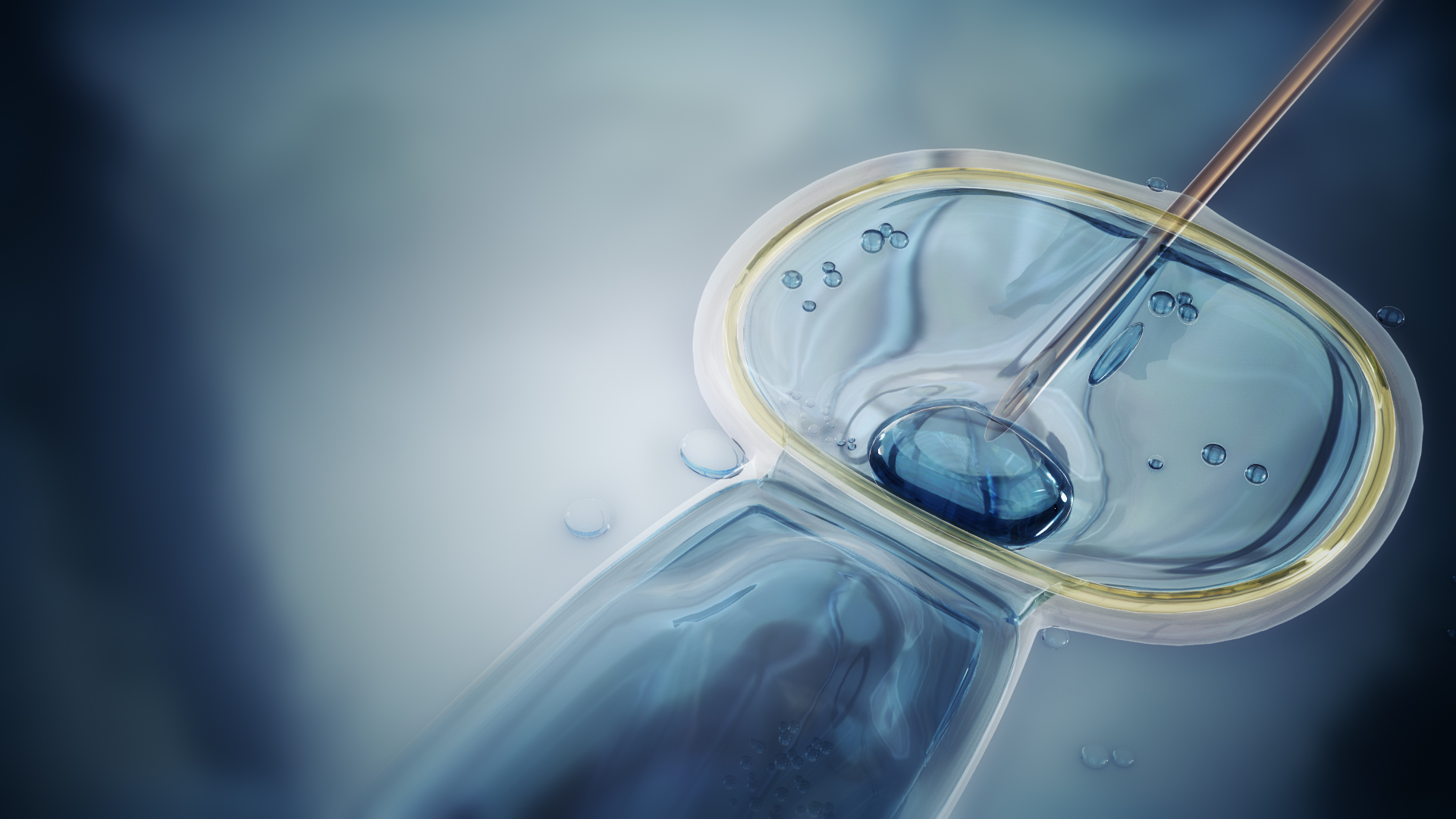ICSI

What is intracytoplasmic sperm injection (ICSI)?
Intracytoplasmic sperm injection (ICSI) is an infertility treatment. It involves injecting live sperm into a person’s eggs in a laboratory. This procedure can create an embryo (fertilized egg). ICSI is a form of in vitro fertilization (IVF). Healthcare providers most commonly use ICSI when male infertility affects a person’s ability to conceive a child.
What does intracytoplasmic mean?
ntracytoplasmic (IN-truh-sahy-tuh-PLAZ-mik) refers to the fact that the sperm injection takes place inside an egg’s cytoplasm. This is the gel-like substance in the center of an egg, made up of water, salt and other molecules.ntracytoplasmic (INtracytoplasmic (intracytoplasmic) refers to the fact that sperm injection takes place inside an egg’s cytoplasm. This is the gel-like substance in the center of an egg, made up of water, salt, and other molecules.
How is ICSI different from IVF?
ICSI is a type of IVF. With traditional IVF, your healthcare provider places thousands of sperm next to an egg on a laboratory dish. Whether one of the sperm penetrates the egg to fertilize it is left up to chance. If none of the sperm fertilize the egg, conception (also called fertilization) doesn’t occur.
ICSI promotes fertilization through the direct injection of a single sperm into a single egg. Still, ICSI doesn’t guarantee fertilization.
In both ICSI and traditional IVF, your healthcare provider implants the fertilized egg (embryo) into your uterus. Pregnancy occurs if the embryo attaches to the lining of your uterus.ICSI is a type of IVF. In traditional IVF, your healthcare provider places thousands of sperm next to an egg in a laboratory dish. Whether one of the sperm penetrates the egg to fertilize it is left up to chance. If none of the sperm fertilizes the egg, conception (also called fertilization) doesn’t occur.
ICSI promotes fertilization through the direct injection of a single sperm into a single egg. However, ICSI doesn’t guarantee fertilization.
In both ICSI and traditional IVF, your healthcare provider implants the fertilized egg (embryo) into your uterus. Pregnancy occurs if the embryo attaches to the lining of your uterus.
